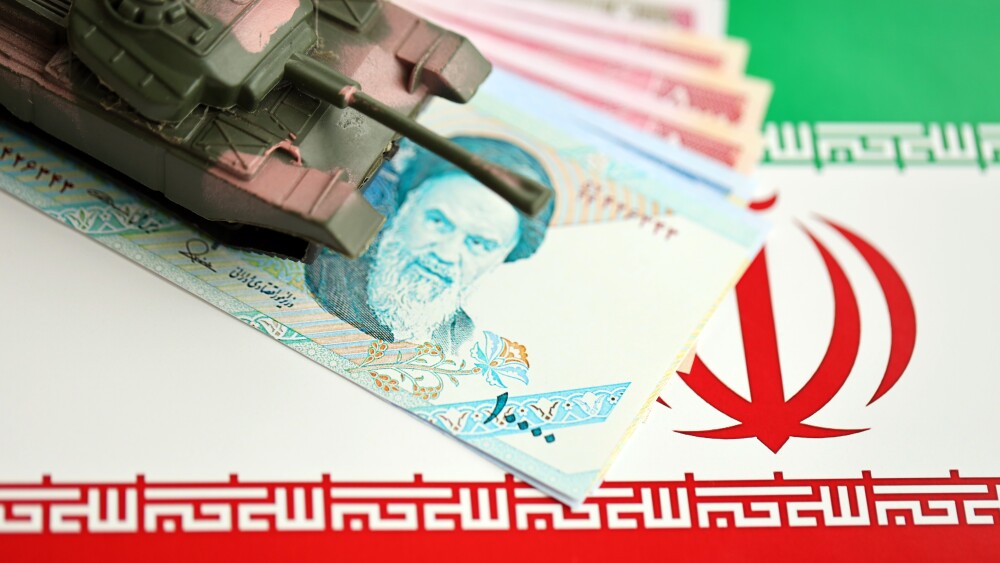The Financial Action Task Force (FATF), the international body charged with combatting money laundering and terror finance, placed Iran on its blacklist in 2007 because of its failure to address weaknesses in its anti-money laundering and counterterrorism financing regimes. In 2016, however, the FATF briefly loosened restrictions and put Iran on its grey list against the backdrop of the 2015 nuclear deal and the resulting partial lifting of United Nations sanctions. However, Iran did not take all the required steps, such as passing reliable anti-money laundering and counterterrorism financing legislation and so, in 2020, the FATF restored Iran’s blacklist status to punish its funding of terrorist groups and its opaque financial dealings.
In 2025, however, with Expediency Council approval, Iran adopted the Palermo Convention, a United Nations treaty seeking to combat transnational organized crime. As a result, for the first time in six years, the FATF asked Iran to participate in direct negotiations in Madrid.
The FATF will consider Iran’s case during its October 20-24, 2025, meeting in Paris.
The FATF will likely not end Iran’s blacklist status if talks do not bring progress, and then the FATF may even step up countermeasures. A failing discussion will increase Iran’s economic isolation because foreign banks and financial institutions are hesitant to interact with high-risk jurisdictions. Continued blacklisting and enhanced sanctions would hinder Iran’s trade contacts, foreign investment, and access to international financial institutions like the World Bank and International Monetary Fund. Tighter limitations on business contacts and increased due diligence make financial transactions with Iran more expensive and complicated.
The FATF will consider Iran’s case during its October 20-24, 2025, meeting in Paris and evaluate Iran’s adherence to the Palermo Convention, its progress on anti-money laundering and counter-terrorism financing issues, and the outcomes of the Madrid negotiations.
By ratifying international accords, enhancing financial transparency, and fortifying its anti-money laundering and anti-terrorist funding legislation, Iran is still working to comply with FATF regulations. The 2025 adoption of the Palermo Convention and the ongoing efforts to ratify the Convention on the Suppression of the Financing of Terrorism are significant turning points. After years of financial estrangement, experts believe that these steps show compliance and enable Iran to begin economic reintegration.
Iran will have to show, however, that it complies with FATF criteria in the areas of technology, law, and geopolitics. If Iran complies with all FATF conditions, such as ratifying (and not just signing) the Palermo Convention and enacting comprehensive anti-money laundering and counterterrorism financing legislation, the FATF could return Iran to the grey list, alongside countries like Bulgaria, Kenya, and South Africa. This would give Iran greater access to international financial systems, encouraging more economic integration, and lessening countermeasures.
In theory, how well Iran executes its FATF action plan will determine its listing.
A more likely scenario would see Iran stay on the blacklist with some relaxation of countermeasures because of partial progress, which would permit limited financial activity as long as FATF concerns are addressed. The worst-case scenario is that the Madrid talks fail and the FATF and international community reinstate or even strengthen sanctions, further isolating Iran’s economy in the face of persistent anti-money laundering and counterterrorism financing flaws and geopolitical worries about the financing of terrorism.
In theory, how well Iran executes its FATF action plan will determine its listing. Internal legal barriers have hindered Iran’s full adoption of the Terrorist Financing Convention and thorough anti-money laundering and counterterrorism financing enforcement, despite Tehran’s acceptance of the Palermo Convention. From a geopolitical standpoint, decisions made by the FATF also consider political considerations involving members like the United States and European states who remain leery of Iran’s regional actions.
Iranian officials may believe they can walk the tightrope by tweaking financial compliance, but short of ceasing terror support in the Middle East, they may be sorely disappointed.







